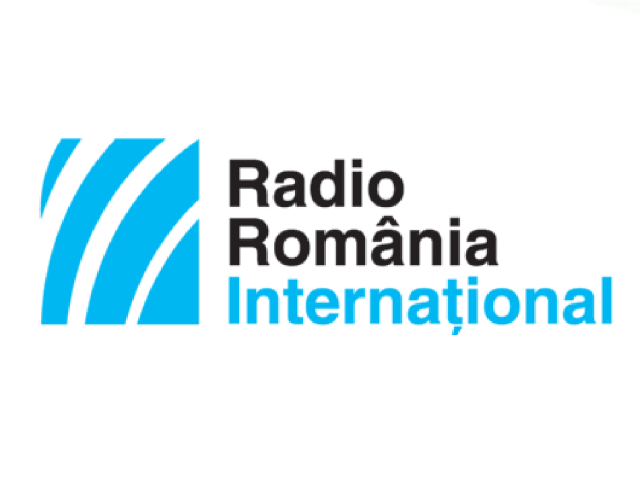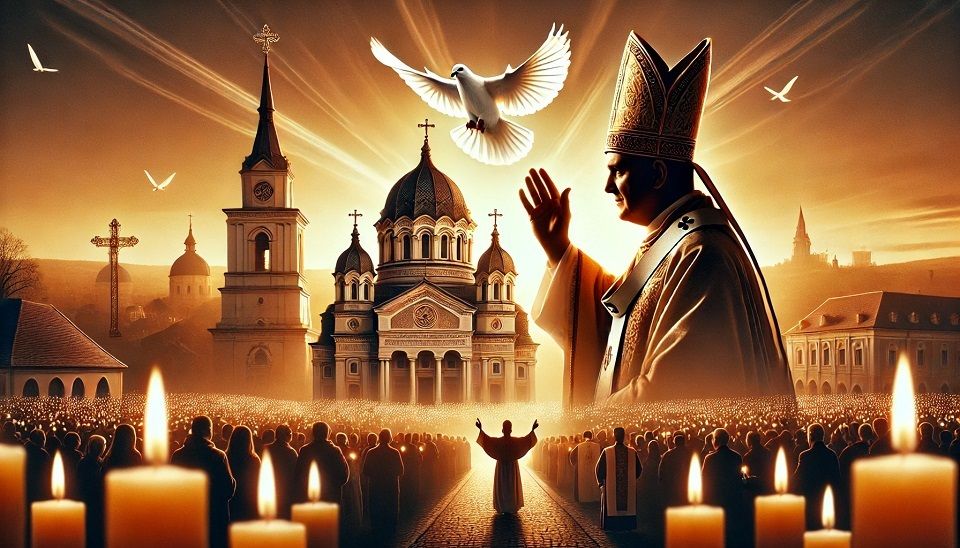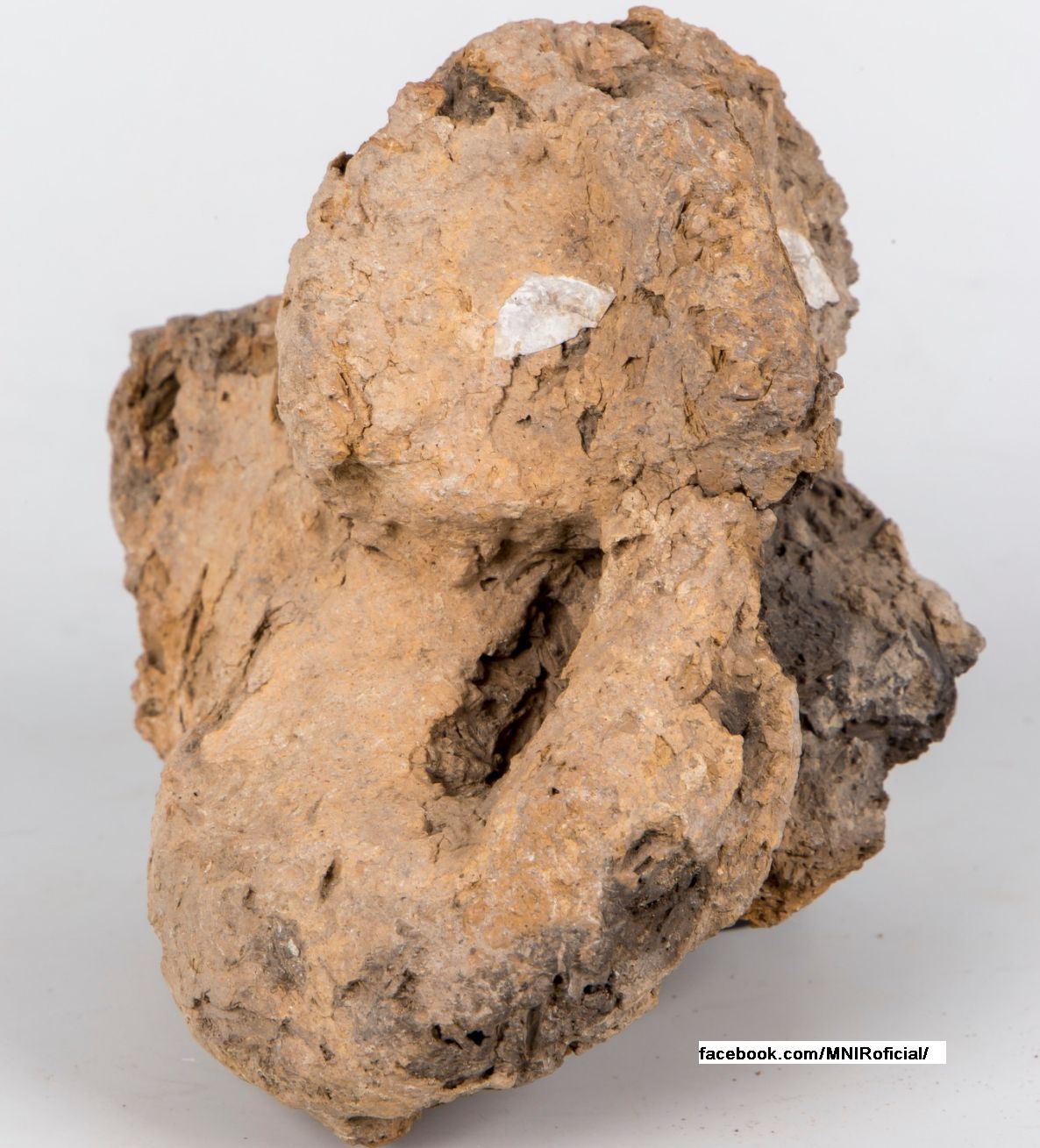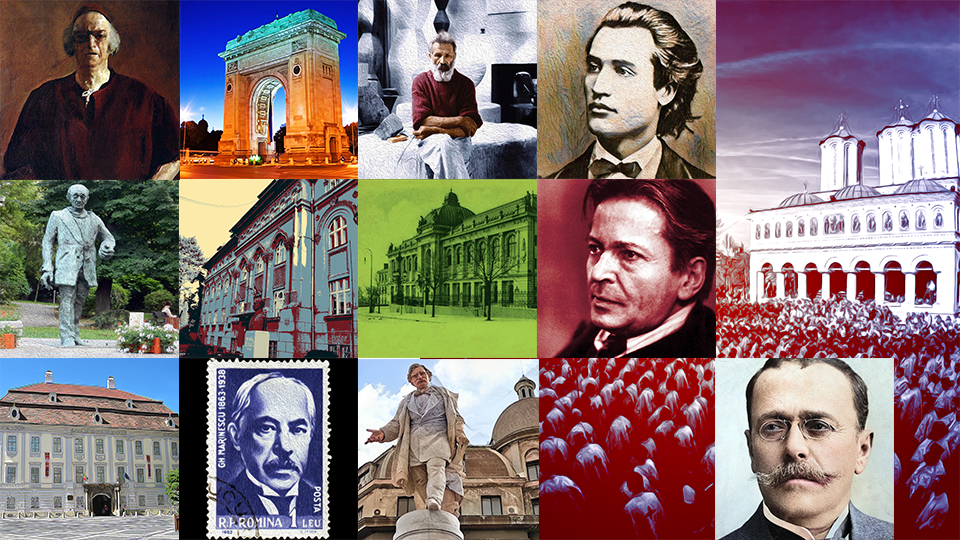Ded Moroz and the Communist New year’s Eve Party
Christmas, the Nativity of Jesus, has been celebrated ever since the early days of Christianity as a mix of heathen and Christian rites. Just like other customs related to the beginning of the New Year, over time different sets of traditions became associated with the celebration of Christmas. The enactment of a custom, the emergence of a new ritual or a symbol are also related to the shared values of the society at a given moment in history. The image of Christmas as a family celebration, for instance, has emerged fairly recently, and some historians and sociologists say it is usually one the values of the Victorian Age against the backdrop of industrialization in Great Britain. In the Romanian Principalities, the adorned fir-tree was imported from Germany, once the Principalities had undergone a modernization process around the 1830s.

Christine Leșcu, 12.01.2018, 11:42
Christmas, the Nativity of Jesus, has been celebrated ever since the early days of Christianity as a mix of heathen and Christian rites. Just like other customs related to the beginning of the New Year, over time different sets of traditions became associated with the celebration of Christmas. The enactment of a custom, the emergence of a new ritual or a symbol are also related to the shared values of the society at a given moment in history. The image of Christmas as a family celebration, for instance, has emerged fairly recently, and some historians and sociologists say it is usually one the values of the Victorian Age against the backdrop of industrialization in Great Britain. In the Romanian Principalities, the adorned fir-tree was imported from Germany, once the Principalities had undergone a modernization process around the 1830s.
As for Santa Claus, he emerged even more recently. At any rate, modern traditions that usually go with traditional and religious rites related to the Nativity of Jesus sometimes downplayed the traditional system of beliefs. The modern set of Christmas traditions, however, did not spread that much before the communist regime. The communists brutally imposed a different way of spending winter celebrations in the country. Their intention was to erase the memory of the past, so that in the new society, man could enact a set of traditions that were supposed to be fully subservient to the communist ideology. Such transformations were extensively dealt with in a book entitled “From Ded Moroz to Santa Claus. A Sociological Perspective on Christmas. The author of the book, Ozana Cucu-Oancea, told us more about the communists plans.
Nothing was done randomly or brutally. They were well aware of the fact they could not completely destroy a celebration. They did not want to take Christmas completely out of peoples lives, as they knew people were attached to those symbols. And then their tactics was to distort the meaning of a tradition, to do away with the religious dimension of a celebration, at once shifting its component elements. For instance, the Christmas fir-tree and Santa Clauss figure were turned and altered into a profane celebration. Communists tried to take the celebration out of the family and move it to the public space, actually turning it into a festivity. Santa Claus no longer arrived at peoples homes to place the presents under the fir-tree, but he would come to their parents at the factory or at the institutions they lived in. Or he would arrive in the Kids Little Town, or at the House of Culture, which were public venues. That was their tactics.
Amusement parks are still commonplace in Romania. Yet the communists underlying intention when they set up those parks was to associate winter celebrations with a public party, held inside the community, thus destroying its purely domestic, home-bound dimension. Santa Claus (Mos Craciun, in Romanian) had also been going through a transformation. He was replaced by Ded Moroz (Mos Gerila, in Romanian, literally meaning “Old Man Frost). Imported form the former USSR, he was no longer clad in red, but in blue, and he no longer arrived on Christmas Eve, but on the night when the New Years Eve Party was held. The communists made some changes in the calendar as well. For instance, the Day of the Republic was proclaimed on December 30, to shift the focus from the day of December 25, in the past, to December 30, actually the day when King Michael was forced to step in 1946. Speaking again is Ozana Cucu-Oancea, this time about the new communist calendar of the winter celebrations.
They shifted the focus from the traditional Christmas days, proclaiming the days of December 25 and 26 workdays, while January 1st was the only day off, for the New Years Eve party. If Christmas happened to be on a weekday, people had to go to work, while only kids and the elderly arrived at the church. The thing is that, Romanians at least continued to celebrate Christmas as they did before. People kept celebrating Christmas in the family, the way they used to do in the past, while concurrently, they also took part in the communist celebrations.
The double standards were applied in urban areas, where people remembered Santa Claus, but also in the rural regions, where religious and traditional customs were still observed. However, the communist propaganda succeeded to fulfill its set targets. Ozana Cucu-Oancea again.
“Industrialization occurred at a later stage than in the western countries, so there wasnt enough time for the Victorian sentimental image of Christmas to catch on when the communists took over, except of course for the urban areas and the upper classes. It was as far as it could get, and in no way was it known in the rural areas. So much so that very few people in the countryside remembered Santa Claus. During my student years, when I did a lot of field research in the villages, I was baffled to meet peasants who had lived their whole lives with the idea that it was Ded Moroz (Mos Gerila) who arrived on the New Years Eve night, and not Santa Claus (Mos Craciun) for Christmas.
Following the double standards they applied during of the communist regime, right after 1990 the Romanians were very quick to celebrate Christmas in a way that goes with our times, which, according to some, is associated with a purely consumerist holiday.





























